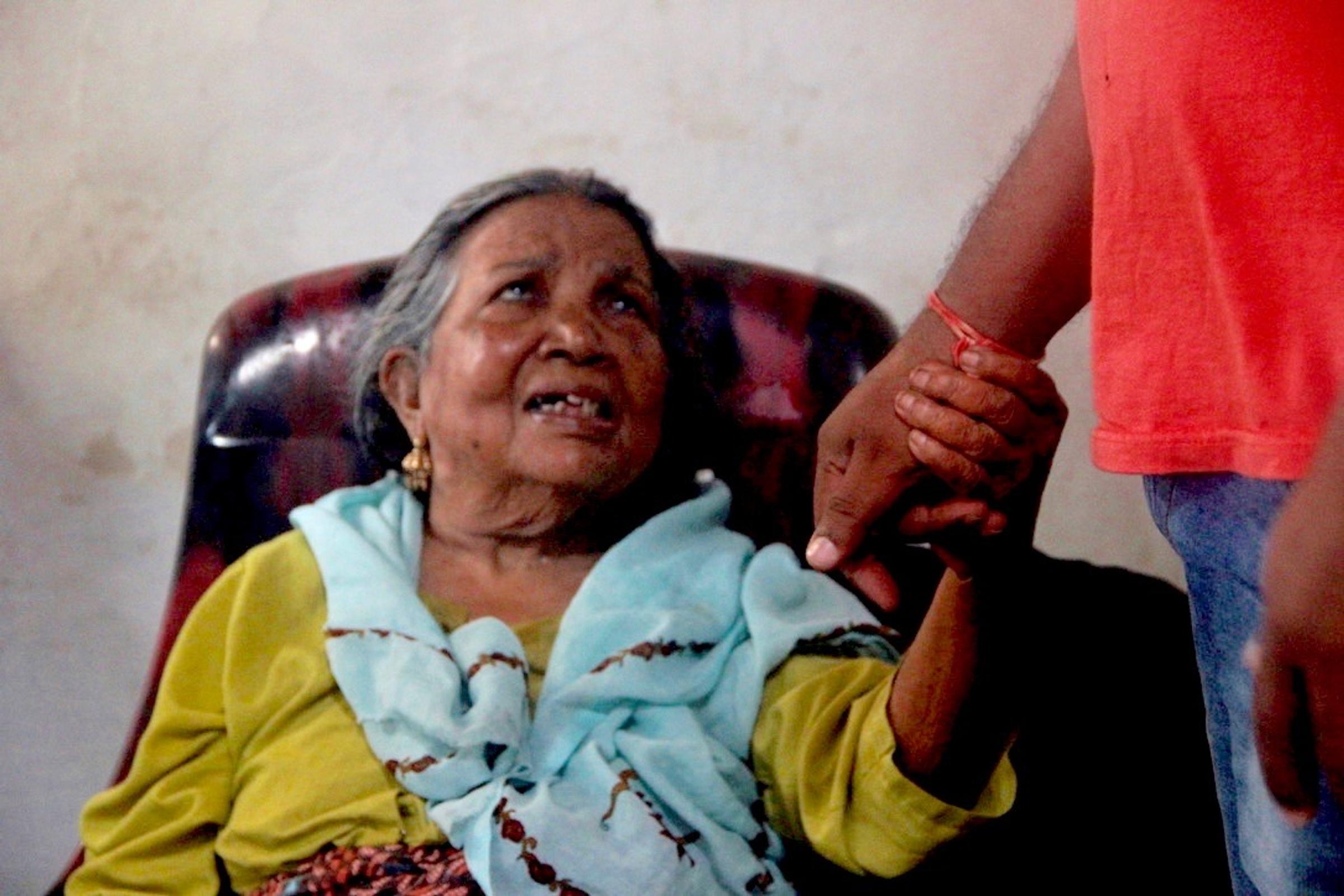Project Hamrahi review

In the last edition of the APLI News we reported on the first half of results from the Project Hamrahi review, specifically the recommendations related to Education, Advocacy and its importance, and Preparation and planning for visits. Here we present the findings related to Mentor Support, Relationship building, and Monitoring and Feedback.
Mentor support
In order to ensure that new volunteer mentors are given the support they need, respondents made a number of suggestions: drawing on experienced APLI mentors to provide orientation, that attendance at the annual conference of the Indian Association for Palliative Care be mandatory for mentorship eligibility, and the development of dedicated resources including training material in key topics (pain and symptom management, palliative care emergencies, prognostication, communication, end of life care). It was felt that the teaching pedagogy should emphasise on teaching at the bedside, in outpatients, and on community visits rather than didactic lectures. When given, lectures should be small group and interactive, aiming for case-based learning.
Relationship building
The ‘fellow traveller’ model helped to build a community of practice. Mentors were able to contribute towards improving patient care and support mentees who were striving to establish services in resource-limited environments. Mentees were supported by gaining knowledge and networking with experts which provided them with opportunities to engage in research, access international articles and protocols, validate their practice and attend international conferences. Mentees felt encouraged and recognised for the work that they were doing, and were able to adopt new approaches for non-palliative care patients.
Monitoring and feedback
Monitoring helped to instill accountability for the quality of service provided. Factors which limited this included cross-cultural differences, frequent staff turnover, the short duration of visits and the limited visits by mentors to accurately gauge change. This could be improved either by more frequent or longer Hamrahi visits or by post-visit follow-up and periodic monitoring in the form of quarterly or bi-annual visits by Indian partners. Visits allow for mentors to provide mentees with individual and critical feedback on service delivery. As always, feedback needs to be realistic: sensitive to local legislation, conscious of mentee limitations, culturally appropriate and feasible to integrate into daily practice.
